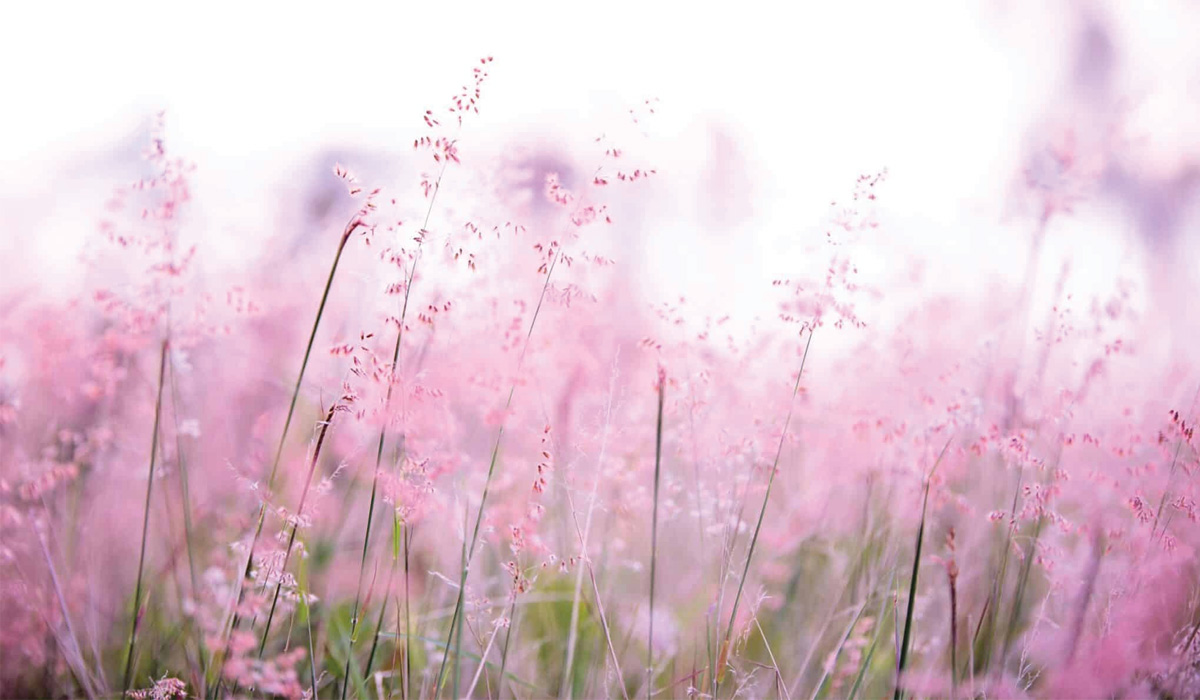Treatments, options and pricing
Browse and click below to book any of our available Hayfever Treatment.
Hayfever Consultation
Included in the Hayfever Consultation
In your initial hay fever treatment consultation, a healthcare provider will discuss your symptoms, triggers, and medical history to determine the most suitable management plan, which may include lifestyle advice, over-the-counter medications, or prescription treatments to alleviate your allergic reactions to pollen.
Hayfever Appointment/Kenalog Injection
Included in the Hayfever Appointment/Kenalog Injection
Hay fever injection where indicated. Opportunity to discuss indications, risks and benefits of Kenalog injection. Aged 18+ only. You should have tried high-dose antihistamines and nasal sprays first.
Price indicative for 40mg Kenalog, if suitable.
An 80mg dose is charged at £105 (this only applies if the dose is administered at the same appointment).
If injection is not suitable, then a £25 refund will be issued at the end of the consultation.
Blood tests looking for allergy to over 20 inhaled substances:
Includes house dust mites, pets, grass and tree pollens. Allergens Tested For Grey alder, Alternaria tenuis, Aspergillus fumigatus, Silver birch, Cat epithelium, Cat dander, Cow dander, Dog epithelium, Dog dander, Guinea pig dander, HDM: D.farinae, HDM, D.pteronyssinus, Hamster epithelium, Hazel tree, Horse dander, Mugwort (sagebrush), Oak, Penicillium notatum, Plantain, Rabbit dander, Rabbit epithelium Ryegrass, Timothy grass. A phlebotomy charge is included and payable on booking.
Common Q&A about Hayfever Treatment
Our FAQ section is designed to address common questions you may have, from how our treatments work to what you can expect during and after your session.
Our team is always available to provide additional support if you need more personalised guidance, ensuring that you feel informed and confident every step of the way.
Hayfever, or allergic rhinitis, is an allergic reaction to airborne substances like pollen, dust mites, or pet dander. It causes symptoms such as sneezing, runny or blocked nose, itchy eyes, and throat irritation.
Common treatments include antihistamines, nasal corticosteroids, decongestants, eye drops, and saline nasal sprays. These help alleviate symptoms by reducing inflammation, blocking histamine, and clearing nasal passages.
Antihistamines work by blocking the action of histamine, a chemical released by the immune system during an allergic reaction. This helps reduce symptoms like sneezing, itching, and runny nose.
Yes, nasal corticosteroid sprays are highly effective in treating hayfever symptoms, particularly nasal congestion and inflammation. They are often recommended for daily use during allergy season.
Natural remedies such as using a saline nasal rinse, consuming local honey, or taking herbal supplements like butterbur and quercetin may help alleviate symptoms. However, their effectiveness varies, and they should be used in conjunction with conventional treatments.
It's best to start treatment a few weeks before the allergy season begins, especially if you're aware of your triggers (e.g., tree or grass pollen). This can help minimise symptoms when pollen counts are high.
There is no cure for hayfever, but symptoms can be managed effectively with treatments. In some cases, immunotherapy (allergy shots) may provide long-term relief by gradually desensitising the immune system to allergens.
Most hayfever medications, like antihistamines and nasal corticosteroids, are safe for long-term use when taken as directed. However, it’s important to consult with a healthcare provider to ensure the best treatment plan.
Lifestyle changes include staying indoors on high pollen days, keeping windows closed, using air purifiers, showering after being outside, and avoiding known allergens. Wearing sunglasses outdoors can also reduce pollen exposure to the eyes.
Many hayfever treatments are safe for children, but dosages and specific medications may differ. Always consult with a paediatrician before giving hayfever medications to children to ensure safety and effectiveness.
Advice from the experts
Read clear, expert advice from our clinicians, offering trusted advice, clinical insight, and practical guidance to help you understand your treatment and care options.
Symptom checker
If you are experiencing any of these symptoms, please book an appointment with us. Symptoms can vary from person to person and from condition to condition.A proper diagnosis can only be made through a thorough medical examination.
Our clinicians will carry out a full assessment to ensure an accurate diagnosis and appropriate care.
Are you experiencing frequent sneezing or a runny or blocked nose?
These symptoms are common in hay fever and occur when pollen triggers an allergic response, causing nasal irritation and inflammation that can interfere with breathing, sleep, and daily activities.
Do you have itchy, red, or watery eyes?
Eye irritation is a typical hay fever symptom caused by allergens affecting the eye surface, leading to redness, itching, watering, and discomfort that may worsen outdoors or during high pollen periods.
Are you suffering from nasal congestion or sinus pressure?
Inflamed nasal passages can cause ongoing congestion, facial pressure, headaches, and a reduced sense of smell, making breathing uncomfortable and affecting concentration and wellbeing.
Do you feel itching in your throat, ears, or the roof of your mouth?
Hay fever can cause persistent itching in these areas due to airborne allergens irritating sensitive tissues, often creating discomfort that is difficult to relieve without treatment.
Do you have a persistent cough or need to clear your throat often?
Post-nasal drip linked to hay fever can lead to frequent coughing or throat clearing, particularly at night or in the morning, disrupting sleep and daily routines.
Are you feeling unusually tired or struggling with poor sleep?
Hay fever symptoms can disturb sleep due to congestion, coughing, or itching, resulting in fatigue, low energy, and reduced focus during the day.
What we treat
At The Health Suite Leicester, our private medical clinic offers expert care whenever you need it. Our team of experienced GPs and healthcare professionals provide personalised diagnosis and treatment for a wide range of medical conditions, ensuring high-quality, professional care in a comfortable setting.
Click below to view useful info on a few of the common conditions we treat:
Seasonal Allergic Rhinitis (Hay Fever)
We treat hay fever caused by pollen exposure, helping to relieve sneezing, nasal congestion, itchy eyes, and irritation that can affect sleep, concentration, and quality of life during peak allergy seasons.
Perennial Allergic Rhinitis
Ongoing allergy symptoms caused by dust mites, pet dander, or mould can lead to year-round nasal congestion, sneezing, and fatigue. We assess triggers and provide tailored treatment to control symptoms effectively.
Allergy-Related Eye Symptoms
Itchy, red, or watery eyes caused by allergic reactions can be uncomfortable and disruptive. Treatment focuses on reducing inflammation, relieving irritation, and preventing flare-ups during high allergen exposure.
Sinus Congestion & Pressure
Allergy-related nasal inflammation can cause sinus pressure, facial pain, headaches, and blocked breathing. We help reduce inflammation and improve sinus drainage for long-term symptom relief.
Post-Nasal Drip & Allergy Cough
Excess mucus caused by allergies can lead to throat irritation, frequent coughing, and sleep disturbance. We treat the underlying allergy to reduce mucus production and improve comfort.
many more
Our clinicians manage a broad spectrum of conditions, and individual assessment allows us to tailor care beyond the examples listed. We encourage you to book a consultation to discuss your symptoms and appropriate treatment options.









